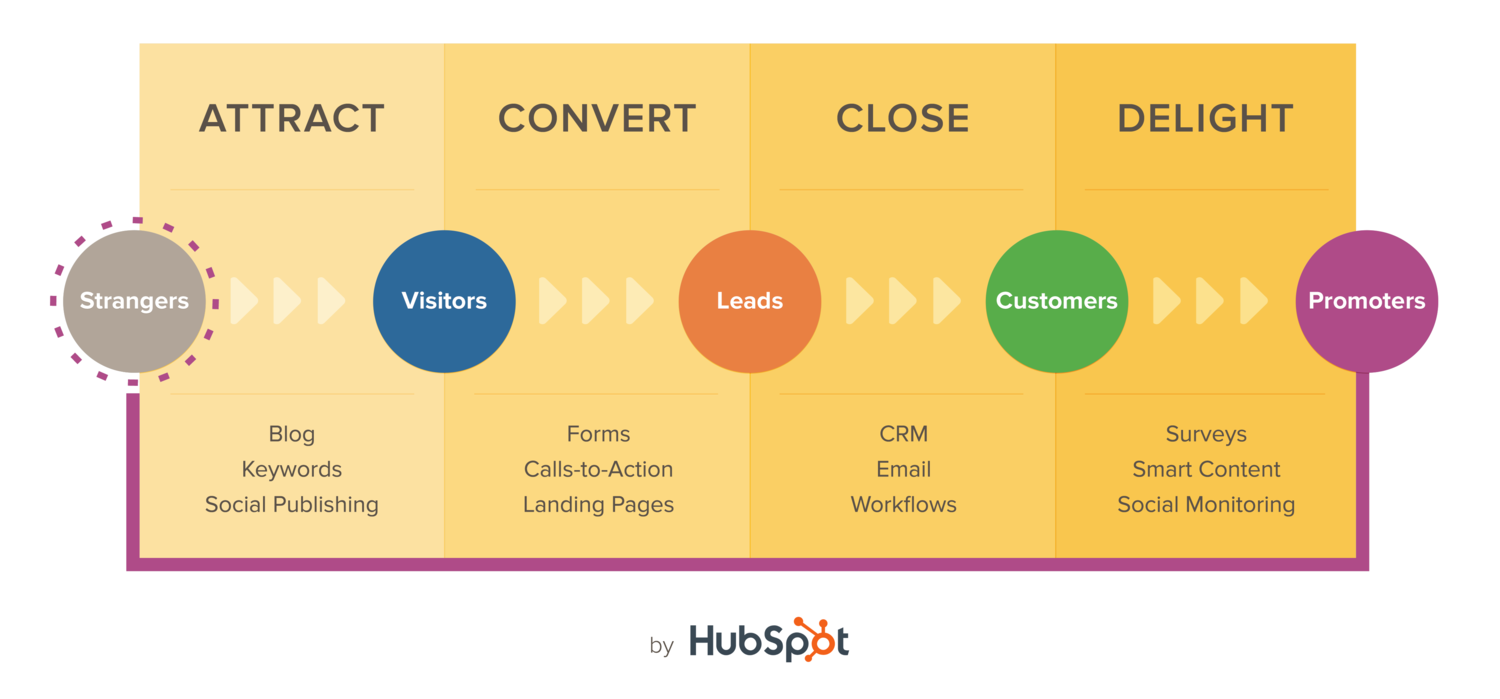Almost everyone realises the value of content marketing. Almost.
But some small businesses, and even some established businesses, still think it won’t work for them.
“Nah not for me, Ben. What are we going to write about?”
Here’s my attempt at explaining the benefits and why they really should be doing it.
People are fed up of advertising and shady sales tactics – you can spot them a mile off. What customers now want is relevant information, value and transparency.
Content marketing generates over three times as many leads as the pushy, promotional advertising messages and costs 62% less. In short, content marketing can become your most productive channel.
What is content marketing?
“It’s blogs and articles. Maybe a bit of social. A few selfies and that.”
Correct. Content marketing does often include those things (selfies may depend on your field). But it does go further, especially if you want to do it right.

When it’s done right and approached strategically, you’ll be consistently solving issues and addressing problems of a well-defined, targeted audience through relevant, quality content.
Content can take all sorts of forms. As long as it’s communicating a message, that’s content. It can be blogs and articles (you knew it), social posts, infographics, e-books and downloadable guides, videos, emails, webinars and probably a few more. Actually, as many as 105 types of content have been identified.
My advice is to type it simple. The best way is to focus on a handful of content marketing routes (depending on your audience preference) and do them well. Very well.
What are the benefits for my business?
You may have noticed the word ‘audience’ appear a few times already. This isn’t by chance. It’s probably the most important aspect. If you’re providing very useful content to your target audience when they’re in need, they’re going to like you.
Over time they’re going to trust you and have confidence that you know what you’re talking about. This is when it starts to turn in your favour.
So, what are the benefits of having a good content marketing plan?
1. Increase the amount of traffic to your site
2. Improve your search engine visibility for your site as a whole – websites with blogs have 434% more search-engine indexed pages.
3. Better online presence and exposure for your brand
4. A boost in authority – you’ll be seen as a fountain of knowledge
5. Engaging your target audience and building that all-important trust – this results in not just more leads, but more relevant, quality leads.
6. Budget friendly with a healthy ROI – lower up-front costs and deeper long-term benefits.
Will it actually work for my small business?
You might’ve started a blog once. Talked about what you do, what sort of things you’ve been up to. Your top post might have got 27 views, 10 from family members (I know I’ve been there).
When done with a plan – yes – it will work. Almost categorically.

A good content marketing strategy takes two key things into account: your audience and SEO (search engine optimisation).
Having these two aspects means your writing efforts won’t go to waste.
Why?
Because you’re providing value to your audience and your post is optimised to be found on Google. Doing content marketing means you’re creating lots of little pathways spread across the internet that lead back to your site.
This is what brings in long-term traffic and not just a spike in views after you’ve shared in on LinkedIn and Twitter.
People love reading content that answers their problems and solves their issues, if not completely, then at least helps them on their way with increased understanding and information.
86% of people will make a search before making a buying decision. You want your content to provide the answer for these search queries relevant to you.
What if it doesn’t work?
OK, a user might read a post and click off your site. In fact, most users will do this. It’s natural.
“Eh Ben, this content marketing is a bit crap isn’t it?”
Remember, it’s a long-term play. When the reader (potential customer) is in the mode to buy or make a decision, it’s you they might come back to. They might visit your site five times, 10 times even, before they do anything, but when the time is right you’ll start to get contacted.
It’s all about bringing people to the top of your sales funnel (apologies for the marketing speak). In basic terms, this is the first step to becoming a customer and it’s what Hubspot describes as the attract phase. Once you have ‘attracted’ a viewer to your content, they can be shuffled down the funnel to the converting phase.
This is inbound marketing. Rather than direct advertising and traditional ‘selling’, people actively contact you. As a wise man once said, ‘create the content and the people will come.’
But it’s not just about creating more and more content, it’s about creating better quality content.

How do I start?
By all means, get started straight away. There are marketing strategy templates you can download and plenty you can read about. But it needs to be taken seriously and it will work much better with a strategy. As a business owner, you’ll have a lot on your plate already so think about it before you take it on.
Your other options are to hire someone to do this for you or outsource to a person or agency who can work with you to get your content marketing plan up, running and working. Around 62% of businesses now outsource their content marketing.
Wrap up thoughts
I don’t think there are many businesses out there who won’t benefit from content marketing: more website visitors, more targeted traffic, better brand recognition and the building of trust with your audience.
It won’t cost you the earth either. Paid advertising stops the second you turn the money tap off. Great content doesn’t.
In fact, the longer it sticks around, the more traffic it tends to generate and the more people you get enquiring. You don’t have to take my word for it, here’s a Hubspot study that shows the connection.
Especially for small businesses, there is no better long-term marketing strategy than content marketing.
Original article appeared on Copybeecreative.com.
